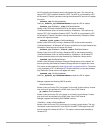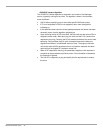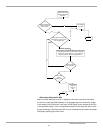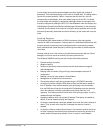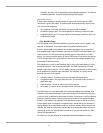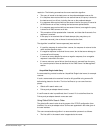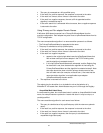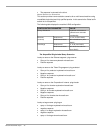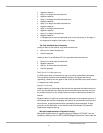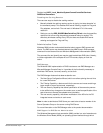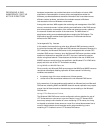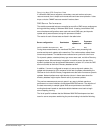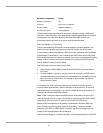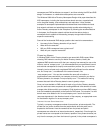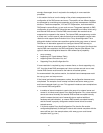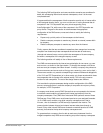
• negative response
• query t1 for boguz.dns.microsoft.com.
• negative response
• query e1 for boguz.dns.ntlab.microsoft.com.
• negative response
• query t1 for boguz.dns.ntlab.microsoft.com.
• negative response
• query e1 for boguz.microsoft.com.
• negative response
• query t1 for boguz.microsoft.com.
• negative response
• if a Registry key to send a single label query is set, then query e1 for boguz; if
the response is negative, then query t1 for boguz
The Fully-Qualified Query Scenarios
Lookup a name on the Internet: ping www.microsoft.com.
• Query e1 for www.microsoft.com.
• Positive response
Lookup a name in the Windows NT Lab: ping www.ntlab.microsoft.com.
• Query e1 for www.ntlab.microsoft.com.
• Negative response
• Query t1 for www.ntlab.microsoft.com.
• Positive response
DNS Server List Management
If a DNS server does not respond to a query, its priority automatically decreases.
This prevents the resolver from repeatedly timing out on servers that are not
responding. However, as time goes on the priority of that DNS server could improve
if it responds to further queries.
Negative Caching
Negative caching is the storage of the fact that the requested information does not
exist. Just like the fact that a resource record exists and has a particular value can
be cached, the fact of a non-existent resource record or name server can also be
cached.
Negative caching is useful as it reduces the response time for negative answers. It
also reduces the number of messages that have to be sent between resolvers and
name servers, as well as network traffic generated by these messages. A large
proportion of the DNS traffic on the Internet could be eliminated if all resolvers
implemented negative caching.
Microsoft Implementation of Negative Caching
Microsoft’s implementation of negative caching is based on RFC 2308. It can be
disabled by setting to zero the REG_DWORD NegativeCacheTime value under the
Windows 2000 White Paper
41



